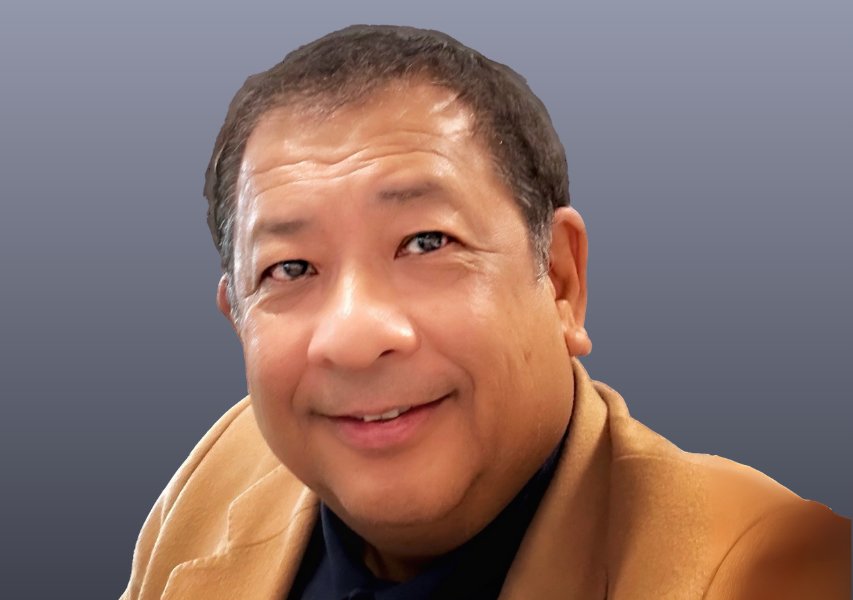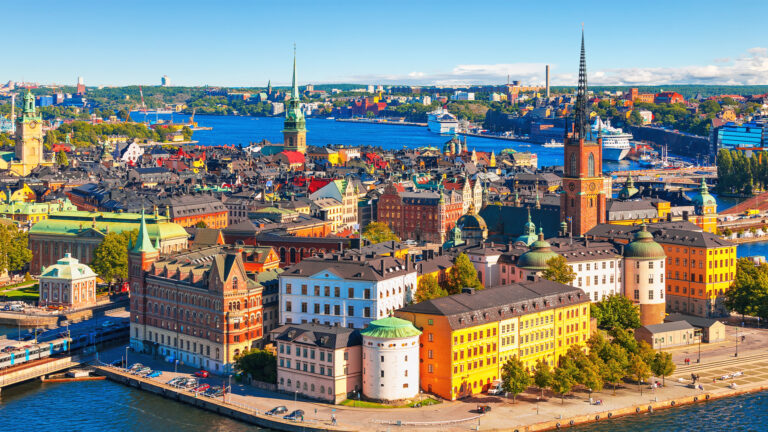After years of volatility and investor skepticism, China’s equity market may finally be stabilizing — and Noli De Pala is watching closely.
The chief investment officer at Singapore-based independent asset and wealth management firm Trilake Partners believes that while the Chinese economy remains under pressure, equity prices have likely bottomed.
“Equities move first,” said De Pala in an exclusive interview with Markets Group. “The market tends to look 18 to 24 months ahead, and we’re starting to see signs that some parts of China have already priced in the worst.”
The CIO has exited Chinese real estate and distressed debt entirely, calling those areas “too risky, too broken.” What remains is a focused allocation to domestic consumption names — local brands capturing a still-active Chinese middle class.
“They’re not spending on foreign labels like before, but they are traveling, eating out. There’s life in the numbers, even if the headlines say otherwise.”
But geopolitics — not just economics — now drive allocation decisions. With U.S. President Donald J. Trump’s return to the political stage, tariffs and trade barriers are once again central to De Pala’s risk calculus. “We’ve already seen the playbook,” he said. “Tariffs, uncertainty, policy-by-Twitter — it’s not just a China problem. It’s a global reordering.”
Trilake is repositioning portfolios to reflect this realignment. The firm has lightened up on sectors highly exposed to trade friction, like semiconductors and certain consumer goods. Instead, it’s leaning into domestic demand stories and intra-Asia trade, which De Pala sees as more stable and insulated from geopolitical shocks.
In the U.S., Trilake is becoming increasingly selective. “We’re not pulling out, but we’re not buying the index anymore,” added De Pala. “The equity risk premium has nearly vanished, and the S&P is now just a story about seven names. If that’s your exposure, you’re not diversified — you’re concentrated.”
While concerns around U.S. equities concentration loom, as of September 2025, they have shown remarkable performance, with the S&P 500 Index reaching new record highs. The index opened at $6,401.51 on September 1 and closed at $6,502.08 on September 30, reflecting a gain of approximately 1.6% for the month, according to a report by StatMuse.
Further, the Associated Press reported that the market’s ascent has been fueled by investor optimism, bolstered by expectations of multiple interest rate cuts by the Federal Reserve to support the U.S. economy. However, there are emerging concerns that stock prices may have become somewhat overinflated.
De Pala said the firm is increasing its exposure to Asia, particularly markets like Japan and India, where local knowledge still gives fund managers a true edge. “You can’t beat the S&P, but you can still beat the index in Asia,” said the CIO. “That’s where inefficiencies exist — and where active management can better deliver.”
One of the firm’s most compelling thematic shifts is into what De Pala calls “the [artificial intelligence]-power trade.” Having exited Nvidia after a strong run, Trilake is now investing in the infrastructure behind AI: data centers, energy systems, electrical grids, and the raw materials that make it all possible.
“AI is not just about chips. It’s also about the power those applications demand,” he continued. “Data centers are incredibly power-hungry, and most grids — especially in Asia — aren’t ready. That’s where the capital is flowing now.”
For De Pala, this is more than a technology bet — it’s a decade-long capital cycle. Countries across Asia are racing to upgrade their infrastructure to support AI, smart networks, and automation. That’s creating long-duration investment opportunities in sectors often overlooked by traditional growth investors.
At the same time, environmental, social, and governance (ESG) is becoming more important — not as a political statement, but as a lens for risk. While the topic has grown polarizing in the U.S., De Pala highlighted its traction in Asia. “Some companies are leaning in — not because they have to, but because they believe it’s the right thing. That’s where we want to be.”
Ultimately, the world is fracturing — and De Pala believes that requires investors to rethink where and how they allocate capital.
“This isn’t just a new cycle. It’s a fundamental shift in how the world trades, powers itself, and grows,” said De Pala. “And if you’re still investing like it’s 2015, you’re going to get left behind.”













